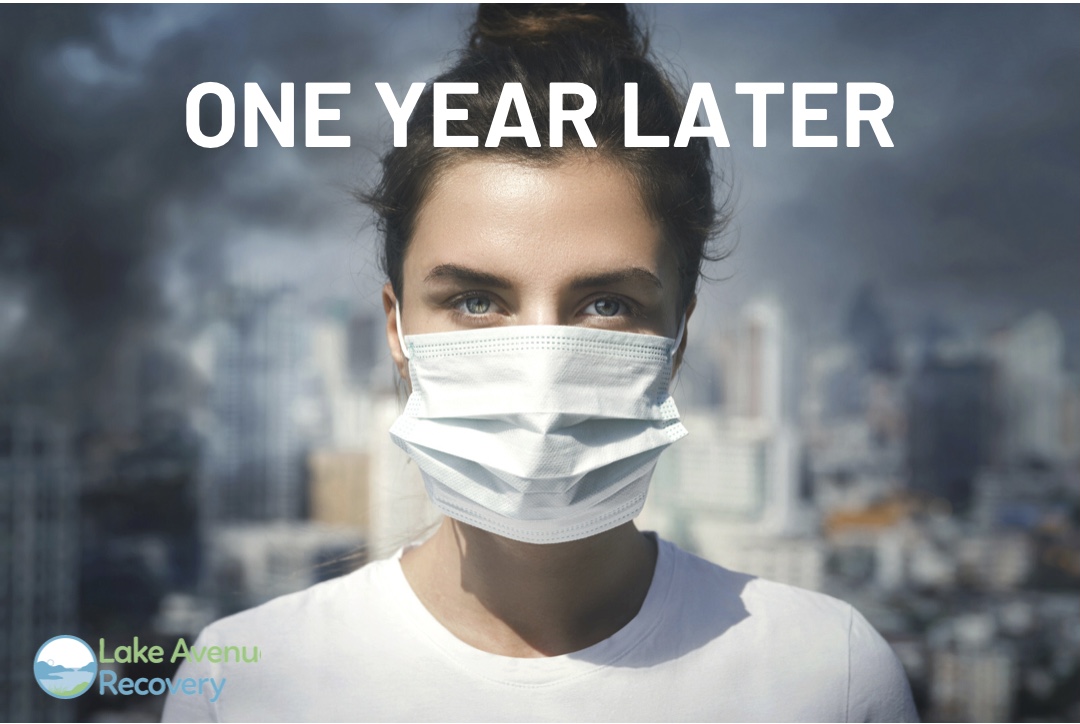
It’s been one year since the World Health Organization declared the COVID-19 outbreak a pandemic and what felt like the entire world shutting down. Schools and businesses closed, jobs were at stake, loved ones were lost, and heroes stepped forward.
The COVID-19 Pandemic was a perfect storm for anyone with an addiction, in recovery or struggling with mental health issues. People in recovery thrive on human interactions, the one thing the pandemic took away. A sense of social and personal connection is considered an antidote to addiction, leaving people in recovery in a vulnerable position. The CDC reported over 81,000 overdose related deaths in May 2020, a record high compared to the previous year. “The disruption to daily life due to the COVID-19 pandemic has hit those with substance use disorder hard,” said CDC Director Robert Redfield, M.D. “As we continue the fight to end this pandemic, it’s important to not lose sight of different groups being affected in other ways. We need to take care of people suffering from unintended consequences.”
With a number of in-person support groups canceled, there was a longing for face-to-face connections and fellowship, vital components of recovery. With time, we learned to adapt. Recovery organizations quickly resorted to virtual counseling and support groups were on the rise until it was safe to see one another again. Telehealth provided a positive way for people to connect with advisors and peers to get the help they need.
As a society we have grown and learned so much in the past year. We learned that we can be together while far apart. We learned that support for one another, be it at a distance, during trying times is paramount. We learned that while the world may come to a screeching halt, challenges with substance abuse and substance use disorders remain prevalent. Most of all, the devastating increase in overdose related deaths taught us the importance of access to essential lifesaving services and treatment programs during unprecedented times.
